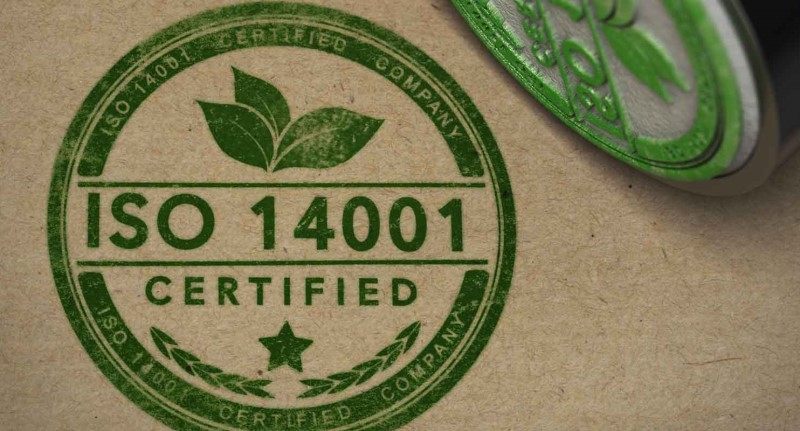 In recent years, there has been growing concern about the impact businesses have on the environment. As consumers become more aware of the consequences of their purchasing decisions, many companies try to present themselves as environmentally responsible. However, some companies engage in Greenwashing, making false or misleading claims about the environmental benefits of their products or services.
In recent years, there has been growing concern about the impact businesses have on the environment. As consumers become more aware of the consequences of their purchasing decisions, many companies try to present themselves as environmentally responsible. However, some companies engage in Greenwashing, making false or misleading claims about the environmental benefits of their products or services.
In Europe, many companies are required to comply with environmental regulations and standards, but some go beyond these requirements by becoming ISO 14001 certified. ISO 14001 is an international standard for environmental management systems that provides a framework for companies to manage their environmental responsibilities systematically and sustainably. It is a rigorous certification that requires companies to demonstrate their commitment to reducing their environmental impact and continuously improving their environmental performance.
ISO 14001 certified companies must meet strict environmental performance standards, which are audited by third-party certification bodies. These standards cover all aspects of business operations, including waste management, energy efficiency, emission reduction, and sustainable purchasing. By implementing an ISO 14001 certified environmental management system, companies can reduce their environmental impact, improve their reputation, and create value for their stakeholders.
On the other hand, companies engaged in greenwashing may use vague, unverifiable, or irrelevant environmental claims to deceive consumers into believing their products or services are eco-friendly. For example, a company might claim that their product is "eco-friendly" without providing any supporting evidence. Greenwashing not only deceives consumers but also undermines the efforts of companies that are genuinely committed to sustainability.
Greenwashing can have serious consequences for companies, including damage to their reputation, legal and financial penalties, and loss of consumer trust. The European Union has taken steps to prevent greenwashing by introducing the Environmental Claims Regulation, which sets rules for companies making environmental claims. The regulation requires companies to provide clear, precise, and verifiable information about the environmental impact of their products or services.
In conclusion, becoming ISO 14001 certified is a rigorous and effective way for European companies to demonstrate their commitment to sustainability and environmental responsibility. Companies engaging in greenwashing risk damaging their reputation, losing consumer trust, and facing legal and financial penalties. As consumers become more aware of the importance of environmental sustainability, it is essential for companies to maintain their integrity and environmental responsibility and strive to become more sustainable. ISO 14001 certification can be an important step in this direction, helping companies reduce their environmental impact, improve their reputation, and create value for their stakeholders.


